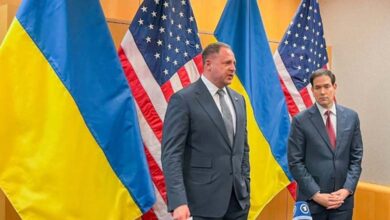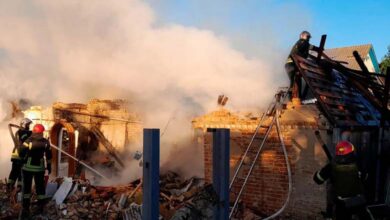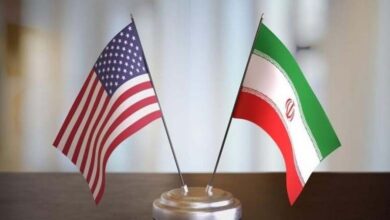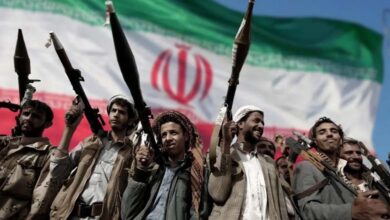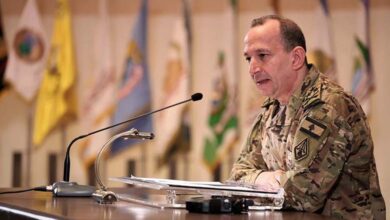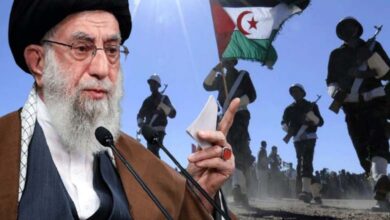Sudan Prime Minister Abdallah Hamdok resigns

Sudan’s Prime Minister Abdallah Hamdok has resigned after another day of mass protests rocked the capital Khartoum.
Thousands marched against a recent deal he had done to share power with the army, who staged a coup in October.
Chanting “power to the people”, protesters called for a return to full civilian rule. But military forces again responded with force, leaving two people dead.
Hamdok’s decision to quit leaves the army in full control.
It is another blow to Sudan’s fragile attempts at a transition to democratic rule after a popular uprising led to the overthrow of Sudan’s long-term authoritarian President Omar al-Bashir in 2019.
In a televised address, Hamdok said the country was at a “dangerous turning point that threatens its whole survival”.
He said he had tried his best to stop the country from “sliding towards disaster”, but that
“despite everything that has been done to reach a consensus… it has not happened”.
In his speech, which was broadcast on Sudanese television, Hamdok said that the separation and division between the two civil and military partners in the Sudanese Sovereignty Council reflected on the performance of the Sudanese state.
“Hate speech, intimidation and lack of recognition of the other have made the transition process fragile and full of challenges”, he added, noting that the agreement with the military component was “an attempt to reestablish the path of democratic civilian transformation and preserve achievements”.
He said that the Sudanese people have done well and the features of Sudan are indiscriminate”, adding that “the Djouba agreement contributed to silencing the gun and reviving hope for millions of refugees”.
On the performance of his government, Hamdok said, “The transitional government has dealt with the challenges of the deterioration of professional service, education, health and debt, and we succeeded in some of the issues and failed in others”.
The Sudanese Prime Minister sent a message to the Sudanese army, saying, “I say to the army that the people are the final sovereign authority”. He added, “The armed forces and the people’s forces are preserving their lands and must defend their goals and principles”.




